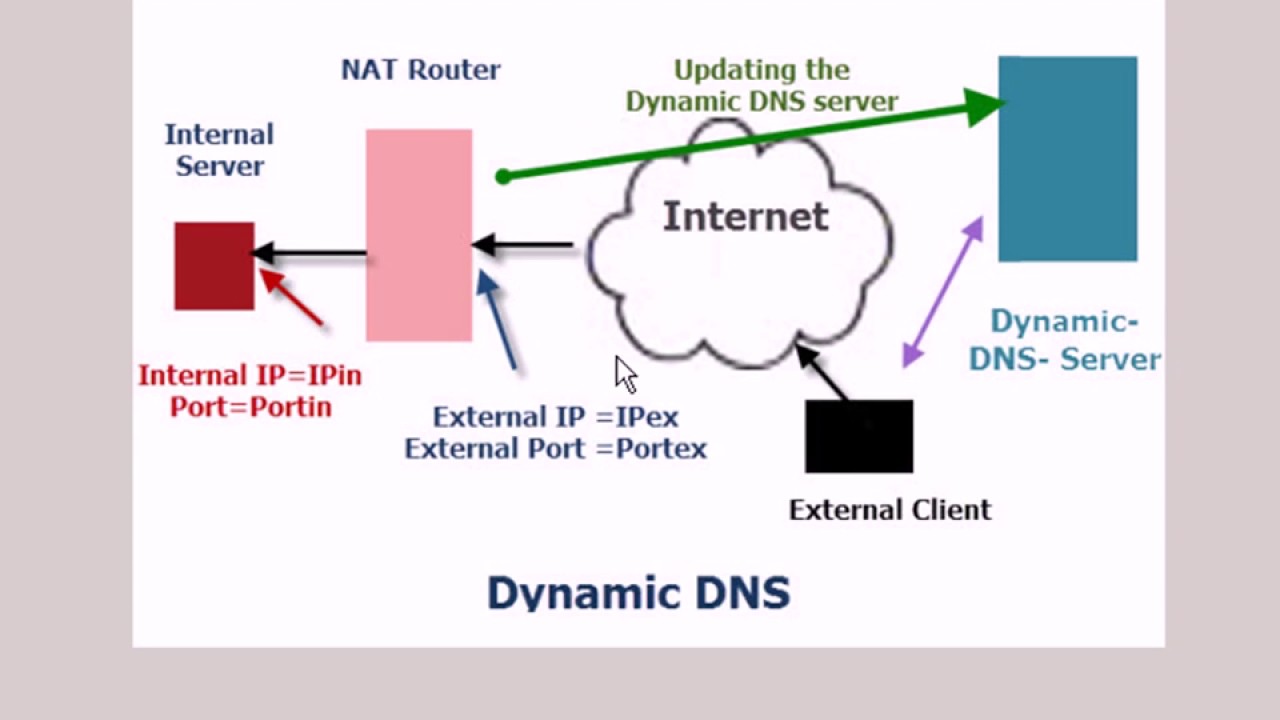
Python is a powerful language which can be applied to a number of projects including web-based applications. But to get your code to run, you need a server. This can be a simple computer running Python or a complex server that runs on a cloud. There are several servers that can serve Python code to clients.
Server for python
The Python HTTP Server is the ideal server for Python. This server can be installed directly on your system, without needing any frameworks or additional software. The server can either be set up to only serve files or can handle many other requests.
WSGI for python
The Python Web Server Gateway Interface is a way to communicate between Python and web server programs. It was introduced in 2003 and has been widely adopted today by many Python Frameworks, such as Django.

WSGI has two sides, the server/gateway side and the application/framework side. The server/gateway handle all requests from the client, and can return HTML web pages as well as semi-structured data that is understandable by the client. The application/framework side provides the Python callable that the server can use to communicate with the Python program.
A server gateway interface (or webserver) can be implemented in a variety of ways, but it generally involves a single module that implements both sides of the interface, and provides both Python and non-Python APIs for accessing the other side of the connection. There are several WSGI-compatible Python Web Servers available.
CherryPy is a Python-based programming language.
CherryPy is a WSGI, HTTP/1.1-compliant web server for Python. It can be used to serve any WSGI Python application, and comes with support for SSL. It is an easy-to adapt, easy-to use pure Python alternative that is reliable and robust.
Gunicorn for Python
Gunicorn not only is a Python webserver, but it also features a flexible application server. It supports a range of WSGI and non-WSGI languages, and can be used with any WSGI Python application and framework.

Heroku Python
Heroku is a PaaS that's recommended for Python web applications. It allows Python developers the ability to develop applications in Python and then deploy to a high-performance cloud optimized for Python. Heroku is free to use, and offers both hobby and professional plans.
Crusader for python
Crusader's application server uses an extensible general purpose framework. It is easy to use, scalable and scalable. It comes with a number of features including an object database, arbitrary object pooling and more. It offers extensive documentation and a support network. This makes it an excellent choice for Python programs that require a stable foundation.
Giotto for Python
Giotto is an MVC framework that separates the model, view and controller elements of a python application. It is also a framework that places a high priority on privacy and security, making it ideal for web apps with sensitive information about users or online transactions. It has been widely used for Python enterprise applications at companies such as Hulu.
FAQ
What is Website Design Software?
The website design software can be used by graphic artists and photographers, illustrators, writers and others who are involved in visual media.
There are two types of website design software available: cloud-based and desktop apps. Desktop apps can be installed on your local computer. They also require that you install additional software. Cloud-based applications are hosted on the internet. This makes them great for mobile users.
Desktop Applications
While desktop applications offer more advanced features than those in cloud-based solutions, they aren't always necessary. Some people prefer to only use a desktop program because it is easier and more convenient. Others prefer the same tool, no matter if they are using it on a mobile device or a laptop.
Cloud-Based Solutions
Cloud-based solutions are a great option for web designers looking to save time and money. These services let you edit any type or document anywhere you have an internet connection. This means you can work on a tablet while waiting for your coffee to brew.
A license is required if you opt for a cloud-based service. You don't have to buy additional licenses for upgrading to the latest version.
These programs are available for web page creation if you have Photoshop or InDesign, Illustrator, and other Adobe products.
What kind of websites should I make?
Your goals will determine the answer to this question. You may choose to sell products online if you want to build a website. This will require you to set up a strong eCommerce site.
Blogs, portfolios and forums are all popular websites. Each one of these websites requires different skills. You will need to be familiar with blogging platforms like Blogger or WordPress if you wish to create a blog.
When you choose a platform, you will also need to figure out how to customize the look of your site. There are many themes and templates that you can use for free.
Once you've chosen a platform, you can build your website by adding content. Pages can include images, videos, text and links.
You can publish your website online once you have launched it. Visitors can view your site online once it has been published.
Do I use WordPress?
It is best to start small in order to establish a web presence. If you have the resources and time to create a fully-fledged website, go for it. But if you don't have these resources yet, starting with a simple blog might be the best option. As you learn how websites are designed and developed, you can always add more features.
You should first set up your primary domain before you begin building your first website. This will provide a point to which you can publish content.
What is a responsive design web design?
Responsive web design (RWD), is a way to create websites that display responsively on all devices, including smartphones, tablets, desktop computers, laptops and tablets. This allows users to simultaneously view a website from one device while still being able to access other features, such as navigation menus and buttons. RWD aims to ensure that every user who views a site is able to view it on any screen size.
For example, if you were building a website for a company whose products sell primarily through eCommerce, you would want to ensure that even if a customer viewed your website on a smartphone, they could easily purchase items from your store.
A responsive site will automatically adjust its layout based on the device being used to view it. Your laptop will view the website exactly as a normal desktop site. The page will look completely different if it's viewed on your smartphone.
This means that you can create one website that looks great across all devices.
What Should I Include in My Portfolio?
These should all be included in your portfolio.
-
Some examples of your past work.
-
If possible, links to your site
-
You can also find links to your blog.
-
Links to social media pages.
-
Here are links to portfolios online of other designers.
-
Any awards you have been given.
-
References.
-
Samples of your work.
-
These are links showing you how to communicate effectively with clients.
-
These links show that you are open to learning new technologies.
-
Here are some links to show you are flexible.
-
Links showing your personality.
-
Videos showing your skills.
How Do I Choose A Domain Name?
Choosing a good domain name is essential. If your domain name is not great, people won't be able to find you easily when they search the internet for your product.
Domain names should be short, easy to remember, relevant to your brand, and unique. You want it to be something people will type into their browser.
These are some suggestions for choosing a domain.
* Use keywords that are related to your niche.
* Avoid using hyphens (-), numbers and symbols.
* Don't use.net or.org domains.
* Do not use words you already know.
* Avoid generic terms like domain or website.
* Check it's always available.
Statistics
- At this point, it's important to note that just because a web trend is current, it doesn't mean it's necessarily right for you.48% of people cite design as the most important factor of a website, (websitebuilderexpert.com)
- It's estimated that chatbots could reduce this by 30%. Gone are the days when chatbots were mere gimmicks – now, they're becoming ever more essential to customer-facing services. (websitebuilderexpert.com)
- Is your web design optimized for mobile? Over 50% of internet users browse websites using a mobile device. (wix.com)
- Studies show that 77% of satisfied customers will recommend your business or service to a friend after having a positive experience. (wix.com)
- It enables you to sell your music directly on your website and keep 100% of the profits. (wix.com)
External Links
How To
What is website hosting?
Website hosting refers to where people go when they visit a website. There are two types.
-
The cheapest option is shared hosting. Your website files reside in a server managed by another company. Customers visit your website and send their requests over the Internet to this server. You then receive the request from the owner of the server.
-
Dedicated Hosting - This option is the most costly. Your website is only accessible from one server. You and your traffic are protected by the fact that no other websites share server space.
Because shared hosting is more affordable than dedicated hosting, most businesses opt for it. The company hosting the server will provide the resources necessary to manage your website.
However, both have their advantages and disadvantages. Here are some key differences between them.
Sharing Hosting Pros
-
Lower Cost
-
Easy to Set Up
-
Frequent Updates
-
It can Be Found On Many Web Hosting Companies
Hosting shared with others can cost as low as $10/month. But keep in mind that this price usually includes bandwidth. Bandwidth describes the amount of data that can be transferred over the Internet. You may have to pay extra for large amounts of data, even if your blog only contains photos.
You'll soon realize why your old host cost so much once you get started. Most shared hosts have very poor customer support. While they may occasionally assist you in setting up your site and other tasks, after that you are all on your own.
Look for a provider who offers 24/7 phone support. They will take care of any issues while you sleep.
Cons of dedicated hosting
-
More Expensive
-
Less common
-
Specific Skills Required
With dedicated hosting, all you need to maintain your website are provided. You don't need to worry about bandwidth usage or RAM (random access memory).
This means you will need to spend more upfront. However, once you start running your business online, you'll find that you won't need much technical assistance. You'll quickly become an expert at managing your server.
Which Is Better For My Business, So Which Is Better?
The answer depends on what kind of website you want to create. If you're selling products only, shared hosting might work best. It is simple to set up and easy to maintain. And since you're sharing a server with many other sites, you'll likely receive frequent updates.
If you want to create a community around a brand, dedicated hosting may be the best choice. You can put your efforts into building your brand, and not worry about how to handle your traffic.
Bluehost.com offers both. Bluehost.com provides unlimited monthly data transfer, 24/7 support, free domain registration and a 30-day money back guarantee.